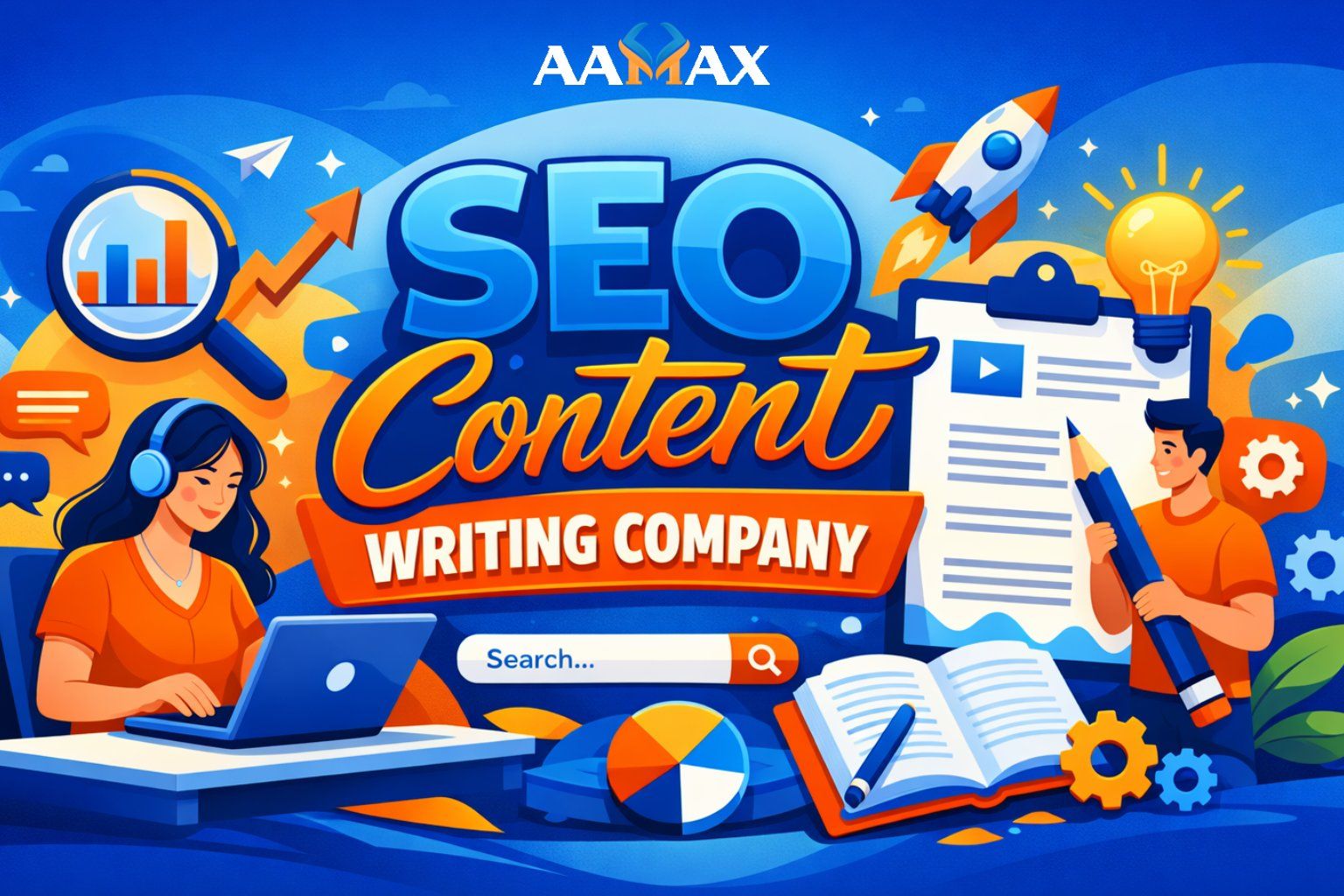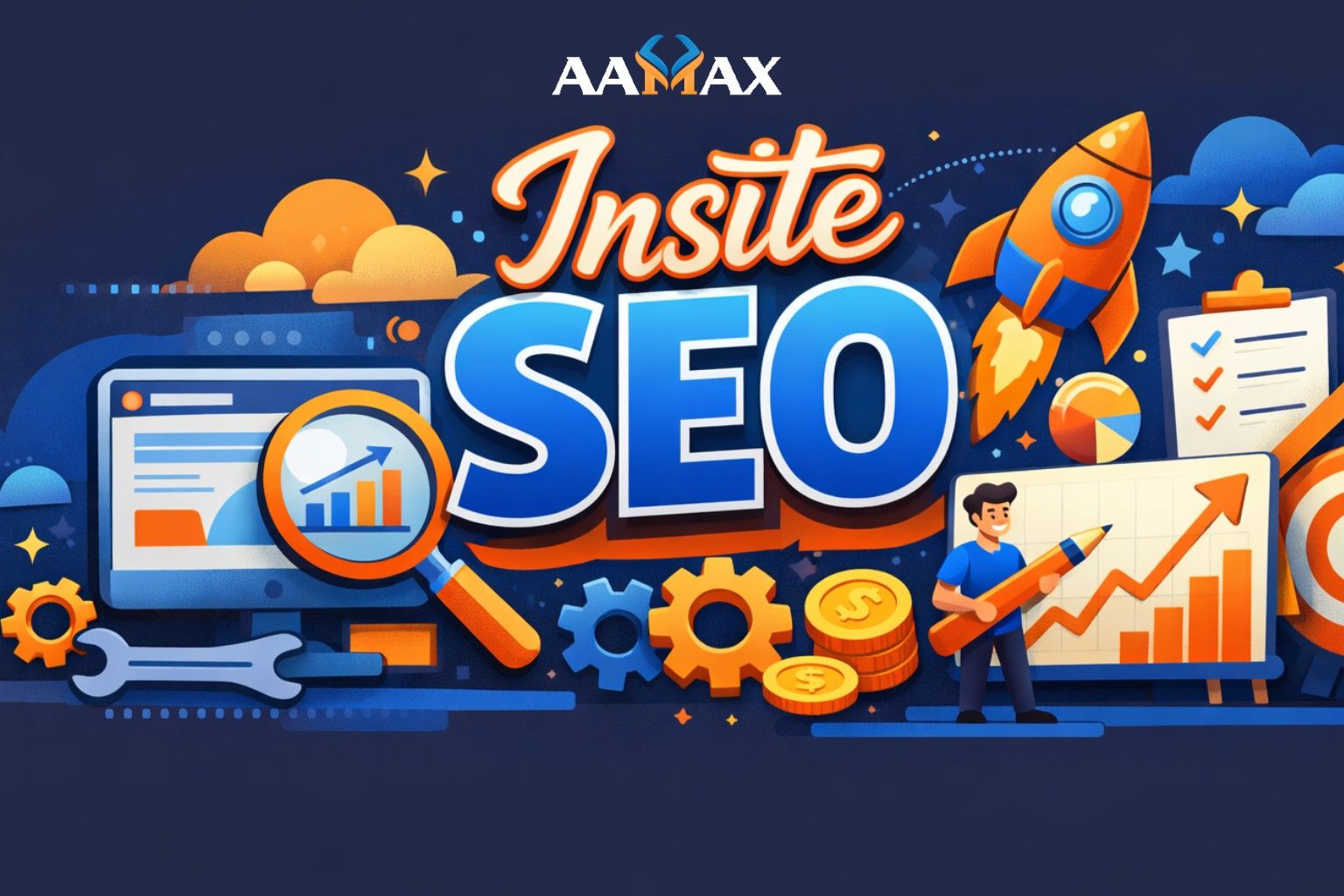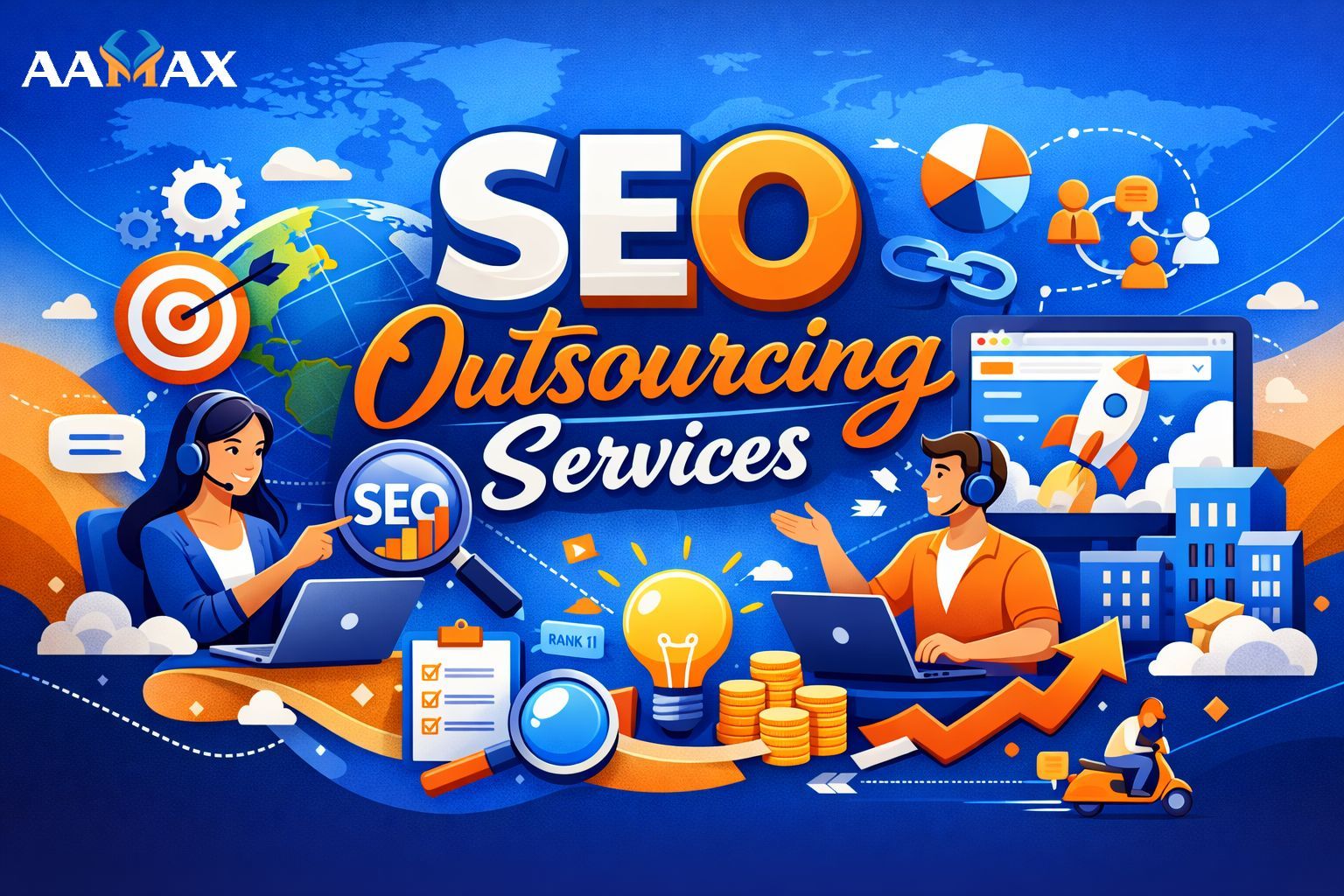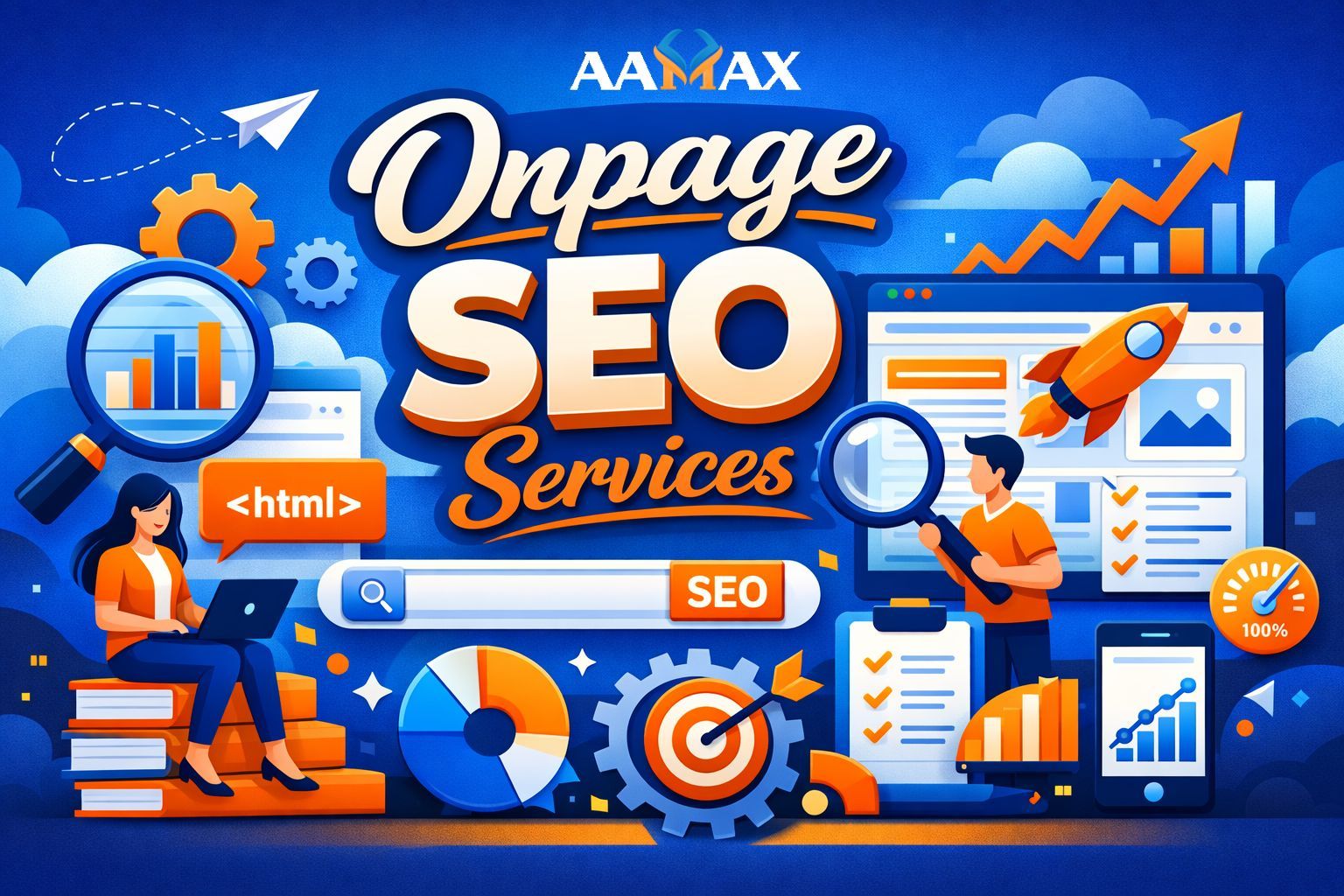
How AI Is Affecting Citation Analysis and SEO Authority Building
Artificial Intelligence (AI) has become a cornerstone of digital marketing and SEO, influencing how websites are ranked, analyzed, and trusted. Among its most significant impacts lies in the realm of citation analysis and authority building — two critical elements that determine a website’s credibility in the eyes of search engines.
In the past, citations and backlinks were evaluated through quantity and basic link metrics. But AI has transformed that simplistic approach. Modern algorithms can now assess context, relevance, and credibility in ways that go far beyond traditional link counting.
This article explores how AI is reshaping citation analysis, redefining authority in SEO, and what businesses can do to strengthen their presence in an increasingly intelligent search ecosystem.
Understanding Citation Analysis in SEO
Citation analysis in SEO refers to the process of evaluating how a website is referenced across the web. Much like academic citations, digital citations — such as backlinks, brand mentions, or references in structured data — indicate trust and authority.
Traditionally, search engines used citation metrics like PageRank to assess importance. A link from a high-authority domain signaled credibility, helping websites climb the rankings. However, this system had flaws: spamming backlinks, link farms, and manipulative Search Engine Optimization (SEO) tactics could easily distort results.
The Evolution Toward AI-Driven Citation Analysis
AI and machine learning have changed this landscape dramatically. Today’s search algorithms no longer evaluate citations purely on volume. Instead, they consider multiple contextual factors such as:
- Topical relevance between linking and linked pages
- Authority and trustworthiness of the linking domain
- Natural link patterns over time
- Semantic relationship between anchor text and content
Through AI-powered models, search engines can now discern why a link exists — whether it adds value or is an attempt to manipulate rankings.
How AI Enhances Citation Analysis
AI’s role in citation analysis can be seen across multiple dimensions of SEO. From smarter link evaluation to entity recognition, AI empowers search engines to make more human-like judgments about authority.
1. Semantic Understanding of Links
In the early days, a backlink was a backlink — regardless of its context. AI has changed that by introducing semantic analysis.
Search engines now analyze the surrounding content to understand the meaning and relevance of the citation.
For example, a link to a technology blog from a food website carries less weight than one from another tech-oriented publication. AI models such as BERT and MUM enable this deep contextual understanding, rewarding links that make semantic sense.
2. Evaluating Link Quality Through Machine Learning
Machine learning systems can detect unnatural link patterns faster than ever. They analyze metrics like:
- Link growth velocity
- Anchor text diversity
- Domain authority consistency
- Geographical or niche-based link relevance
By learning from billions of data points, AI can distinguish between natural citations earned through content merit and manipulative links designed to game the system.
3. Recognizing Entity Relationships
AI-driven citation analysis extends beyond websites — it includes people, organizations, and brands as entities.
Search engines use entity-based SEO models to map connections between entities and their reputations.
For instance, if multiple authoritative sources cite your brand alongside trusted names in your industry, AI interprets that as a strong trust signal. This enhances your entity authority, improving visibility across search results, featured snippets, and knowledge panels.
4. Detecting Fake or Spam Citations
AI also strengthens the fight against spammy SEO tactics. Algorithms can now identify fake mentions, purchased links, or content that mimics genuine citations using natural language processing (NLP).
This ensures that only high-quality, authentic references contribute to authority metrics — promoting fairness in search visibility.
5. Contextual Weighting of Citations
AI doesn’t treat all citations equally. It applies contextual weighting based on relevance, domain trust, and content type. A citation in a peer-reviewed publication or an established industry blog carries far more influence than one from a low-quality directory.
This nuanced evaluation prevents quantity-driven SEO tactics from dominating rankings and rewards genuine thought leadership.
AI’s Role in Redefining SEO Authority Building
Authority building in SEO has evolved from acquiring backlinks to earning trust through expertise, reputation, and consistency. AI now plays a central role in determining what constitutes “authority” in the digital landscape.
1. E-E-A-T and AI Evaluation
Google’s E-E-A-T (Experience, Expertise, Authoritativeness, Trustworthiness) framework is a prime example of AI in action. Algorithms trained on user engagement data and content patterns assess whether a source demonstrates real-world experience and credibility.
AI looks for signals such as:
- Verified author identities
- External mentions by reputable sites
- Consistent publication of factual, valuable content
Websites that demonstrate these qualities are seen as more authoritative and rank higher.
2. Content Authenticity and Quality Scoring
AI models assess not only what’s written but how it’s written. Using natural language understanding (NLU), algorithms can measure originality, coherence, and factual accuracy.
Duplicate, spammy, or AI-generated filler content is easily detected and penalized.
Thus, genuine expertise and original perspectives are now the cornerstones of authority — not keyword density or backlink manipulation.
3. Sentiment and Reputation Analysis
AI goes beyond traditional SEO metrics to analyze sentiment surrounding a brand or author. If multiple trusted sources cite your company positively, it strengthens perceived authority.
Conversely, negative press or inconsistent information across citations can reduce trustworthiness.
This means maintaining a strong brand reputation across all platforms — social media, reviews, and third-party mentions — directly influences SEO performance.
4. Entity-Based Knowledge Graphs
AI systems like Google’s Knowledge Graph and Bing’s Satori use entity mapping to connect facts, concepts, and relationships.
If your brand is cited in relation to key industry topics, AI links your entity to those subjects — expanding your digital footprint and improving visibility in topic-based searches.
For example, if multiple high-authority tech blogs reference your company in AI or web development contexts, you may begin appearing in searches related to those topics.
5. Behavioral Metrics as Authority Signals
AI doesn’t rely solely on links and mentions. User engagement metrics — time on page, click-through rates, and content shares — are strong authority indicators.
The logic is simple: if users consistently find value in your content, it’s likely trustworthy.
AI-powered systems correlate engagement data with content quality to reward websites that deliver real value to readers.
The Benefits of AI-Driven Citation and Authority Analysis
Integrating AI into SEO authority building brings major advantages, including accuracy, fairness, and scalability.
1. More Accurate Evaluation of Credibility
AI eliminates bias from manual evaluation. By analyzing massive datasets and context, it accurately identifies which sources genuinely deserve authority.
2. Greater Resistance to Manipulation
AI-powered systems make it harder for black-hat SEO tactics — such as link buying or private blog networks — to succeed. The focus shifts toward authenticity and trust.
3. Faster Discovery of Emerging Authorities
AI can recognize new thought leaders and websites faster than traditional algorithms. By identifying engagement and citation trends early, it helps fresh, high-quality content rise more quickly.
4. Smarter Recommendations and Search Experiences
AI enables personalized search results that reflect trusted sources relevant to individual users. This improves the overall search experience and visibility for authoritative brands.
5. More Ethical SEO Ecosystem
By prioritizing transparency, trust, and quality, AI fosters a healthier SEO environment — one where legitimate expertise is rewarded over manipulation.
Challenges of AI in Citation and Authority Building
Despite its many benefits, AI-driven SEO introduces new challenges that marketers must navigate carefully.
1. Algorithmic Bias
AI models learn from existing data, which can sometimes reflect bias. If biased data influences link evaluation, certain sites or industries might be unfairly underrepresented.
2. Complexity and Lack of Transparency
AI-driven citation systems operate through black-box algorithms. It’s often difficult for marketers to understand why certain pages rank or how authority is distributed.
3. Dependence on Structured Data
AI relies heavily on structured data for contextual understanding. Websites without proper schema markup or metadata may struggle to be accurately evaluated.
4. Risk of Over-Optimization
Overusing AI tools for SEO — such as automated link building or content generation — can backfire. Search engines prioritize human-centered, high-quality approaches.
How Businesses Can Adapt
To succeed in the AI era of citation and authority analysis, businesses need to shift from link-building to trust-building.
1. Focus on Topic Authority
Create interconnected content clusters that comprehensively cover your niche. This demonstrates expertise and helps AI associate your brand with key topics.
2. Earn Quality Mentions
Prioritize organic citations from credible industry sources. Build partnerships, guest posts, and collaborations to earn authentic recognition.
3. Optimize for Entities
Use schema markup to define your business, authors, and products clearly. Consistent naming conventions across platforms help AI understand your brand’s identity.
4. Leverage AI Tools Responsibly
AI-powered tools like Clearscope, MarketMuse, and Frase can enhance optimization, but ensure that final outputs remain human-verified and authentic.
5. Monitor Brand Reputation
Track online mentions and sentiment using tools like Brand24 or Mention. Positive citations and reviews strengthen your SEO authority across search ecosystems.
Partner with Experts for AI-Powered SEO Authority
Navigating AI-driven SEO can be complex, requiring both technical expertise and strategic insight. To maximize your website’s authority and credibility, consider partnering with professionals who specialize in AI-based optimization.
You can hire AAMAX — a full-service digital marketing company offering Web Development, Digital Marketing, and SEO Services. AAMAX’s team leverages advanced AI tools to analyze citations, enhance authority signals, and improve your organic visibility. With their AI SEO expertise, your business can establish long-term trust and dominance in search results.
Conclusion
AI is redefining the core of SEO by transforming how citation analysis and authority are measured. It’s no longer about link volume — it’s about relevance, trust, and authenticity.
As search engines grow smarter, businesses must align their strategies with AI’s expectations: build meaningful connections, create expert content, and nurture brand reputation.
In the AI-powered SEO landscape, authority isn’t earned overnight — it’s cultivated through consistency, transparency, and genuine value. The future of SEO belongs to those who understand that credibility is the new currency — and AI is the system that measures it.







